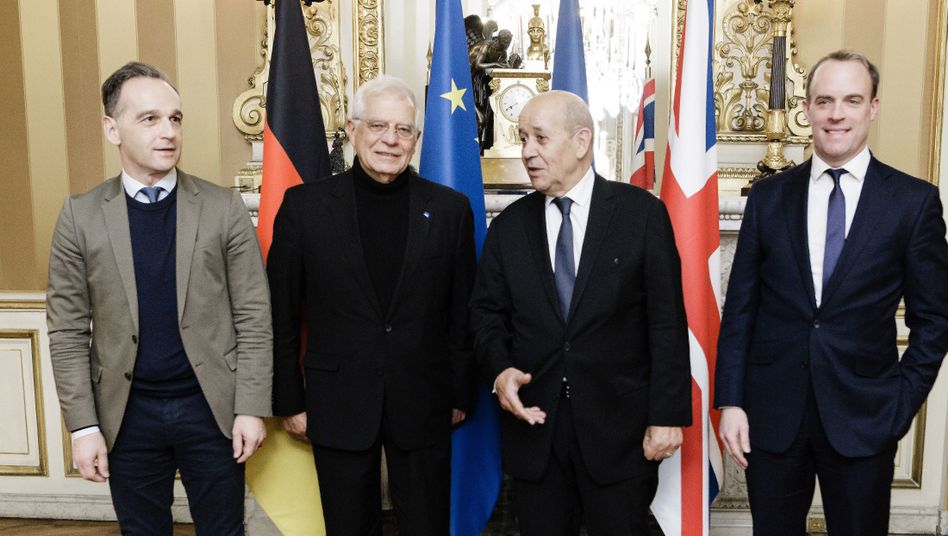
High time to think about how a possible 'reset' of EU-UK relations can be politically achieved. The EU should be open for this, but I fear the political commitment to make post-#Brexit relations work needs to come from both sides, including the UK government.
https://twitter.com/tconnellyRTE/status/1365184523923820544
In January, in an (for me) unusual optimistic take, I wrote how the TCA could be the foundation to rebuild the EU-UK relationship:
swp-berlin.org/en/publication…
5 factors were crucial, incl the dynamic nature of the TCA, still close economic links and the co-responsibility for NI.
swp-berlin.org/en/publication…
5 factors were crucial, incl the dynamic nature of the TCA, still close economic links and the co-responsibility for NI.
Others, like @Mij_Europe and @CER_Grant, were far more sceptical, stressing the pol dynamics at play in London (and to a lesser extent the EU) would continue to burden the relationship. So far, they have been proven right, with a confrontational rather than a cooperative dynamic.
Since then, scepticism has also risen in EU MS, with again serious questions whether the UK is interested in a coop relationship and keeping its commitments.
A reset therefore requires first of all an acknowledgement by UK gov of what it has signed up with the TCA + NI protocol.
A reset therefore requires first of all an acknowledgement by UK gov of what it has signed up with the TCA + NI protocol.
This needs to be coupled with a positive agenda - areas where UK + EU benefit from cooperation as distinct partners, rather than just contentious implementation of the TCA.
Main candidates for me are climate/COP26 and - requiring a u-turn in London - foreign/security policy.
Main candidates for me are climate/COP26 and - requiring a u-turn in London - foreign/security policy.
Finally, the NI protocol needs to be turned from a point of tension to a shared responsibility of EU+UK - just like the GFA is a shared responsibility of Ireland and the UK. This requires the UK gov to publically accept, implement defend the compromise it signed.
Politically, the direction of travel in London with Frost appointment, using the art. 16 debate and little pushback against ERG demands is not going in this direction.
But it is not impossible, and would benefit both sides. /Ends
But it is not impossible, and would benefit both sides. /Ends
• • •
Missing some Tweet in this thread? You can try to
force a refresh





